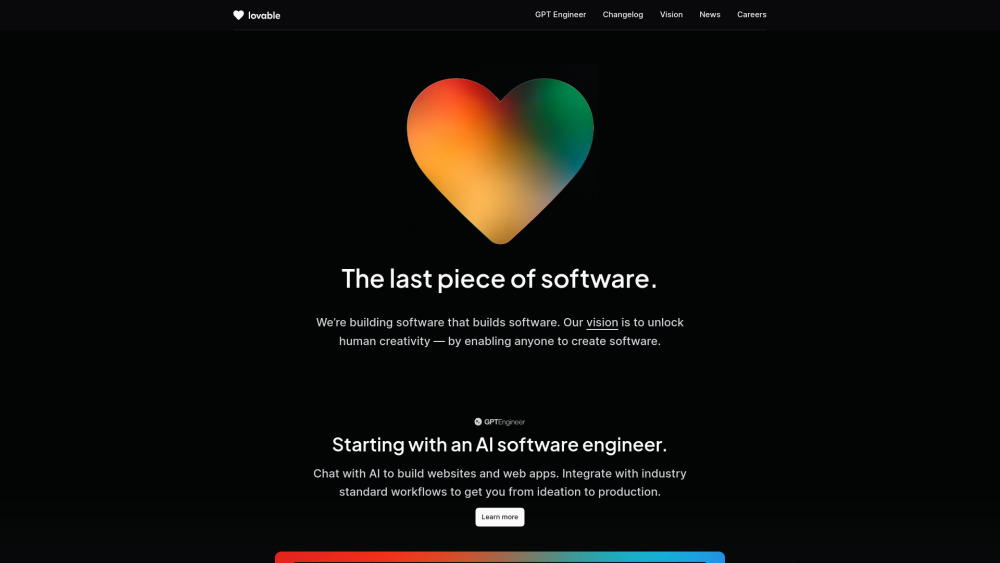The latest data from the BCI Research Institute reveals significant shifts in the Chinese smartphone market during the second quarter of this year. Vivo continues to hold the top position with a market share of 17.93%. Xiaomi is rapidly catching up, ranking second with a 15.95% share, followed by Apple at 15.27%. Oppo (including OnePlus and Realme), Huawei, and Honor occupy the fourth to sixth spots with market shares of 15.17%, 14.93%, and 14.93%, respectively.
In terms of year-on-year growth in activation volume, Huawei and Xiaomi lead the charge with increases of 42.53% and 19.65%, while Apple experienced a decline of 1.88%. Ma Jihua, founder of Darui Consulting, noted in an interview that "Vivo’s AI strategy and extensive product lineup have gained market recognition. Huawei is accelerating its return with high-end models, and Xiaomi has seen significant success in its marketing and supply chain management."
According to Hong Yong, an expert from the China Digital and Real Economy Integration Forum, the rise of Vivo and Xiaomi—especially as Xiaomi surpassed Apple in market share during the second quarter—illustrates the growing influence of Chinese brands. This trend indicates that future market competition will intensify, presenting both opportunities and challenges for these brands.
Xiao Xu, a director at the Capital Enterprise Reform and Development Research Association, remarked that "the competition among smartphone manufacturers is fierce. AI smartphones could be the key to differentiation among competitors." With artificial intelligence technology increasingly penetrating the smartphone sector, manufacturers are rapidly strategizing their development in large models and operating systems. Following the launches of new AI smartphones by Huawei, Vivo, and Oppo in the first half of the year, brands like Honor, OnePlus, and Realme are now introducing their own AI-enabled devices. Samsung and Nubia are also expected to unveil their AI smartphones soon.
Analyst Li Huaibei from the consulting firm Naofu anticipates that the real application of AI smartphones will begin to take shape in September, coinciding with Apple's new models that will fully support AI, promising an innovative user experience. In the Android realm, the mass production of Qualcomm and MediaTek’s flagship chips will enhance AI capabilities, significantly improving the performance of AI smartphones.
Industry experts predict a rapid rise in the AI smartphone market share, with expectations of reaching 16% in 2024 and potentially soaring to 54% by 2028. This anticipated growth and consumer expectations around AI smartphones are positively influencing the performance and stock prices of companies within the smartphone supply chain. According to data from Eastmoney Choice, as of July 10, 20 publicly traded electronics companies that have released performance forecasts for the first half of 2024 expect net profit growth rates exceeding 100%, including notable firms like Weir Shares and Landspace Technology.
With the promising outlook for the AI market, numerous listed companies are accelerating their investments in AI smartphones and algorithms. Recently, Wentai Technology announced its proactive exploration of opportunities to expand into the AI industry, aiming to integrate artificial intelligence into smartphones. Zhijing Electronics is also increasing its investments in key AI smartphone technologies such as machine vision algorithms and image processing chips.
"The current trend of growing AI smartphone shipments is clear and promising, presenting significant investment potential. Market leaders agree that those who can master core AI technologies and effectively integrate them into their products will secure a competitive edge in the future," stated Hong Yong.




